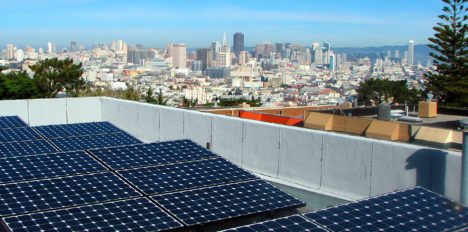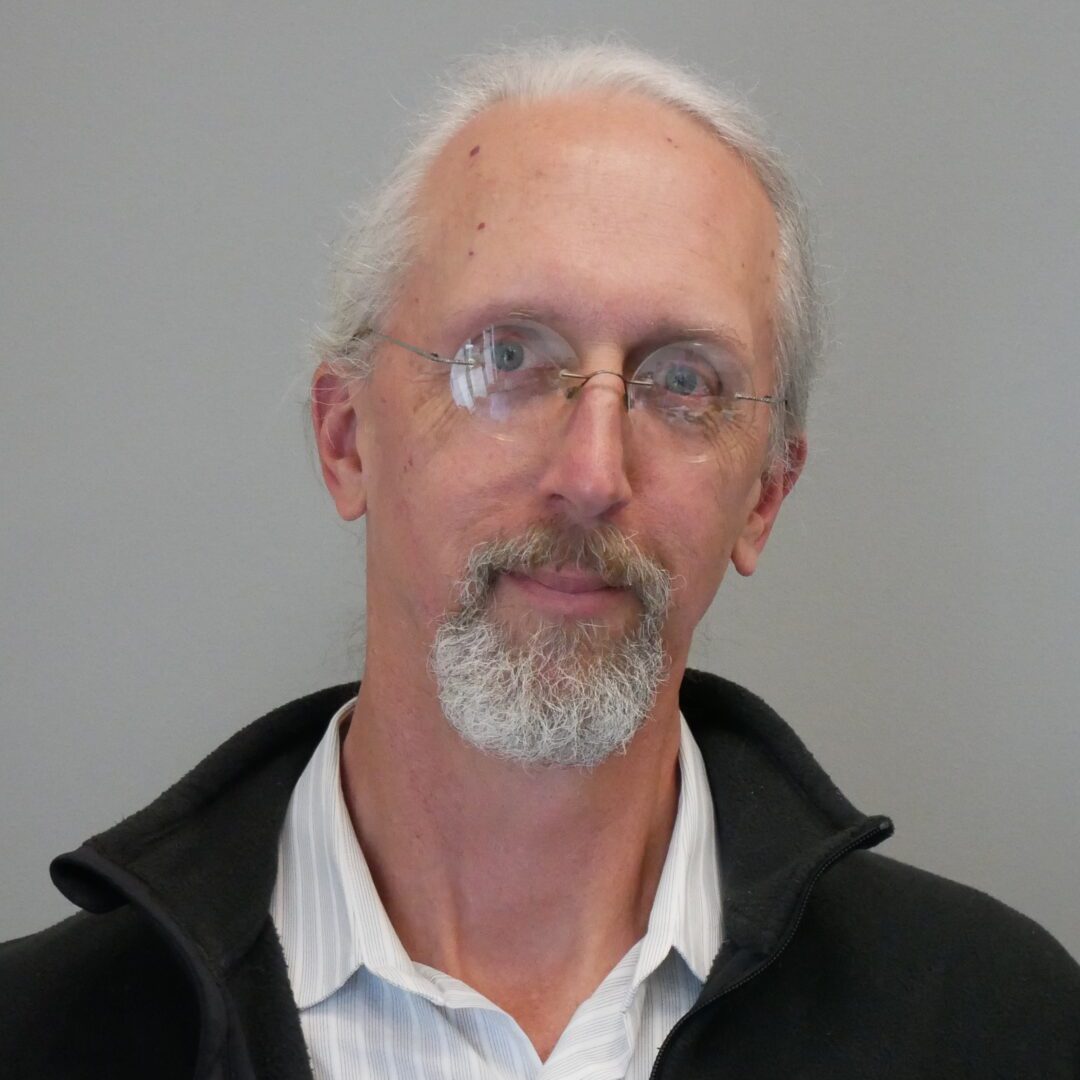
Ensuring that PG&E procures more clean energy
The Clean Coalition has played a major role in holding California’s major utilities accountable for procuring clean energy under the Renewable Auction Mechanism.
Distributed renewable energy projects smaller than 20 megawatts (MW) face a number of challenges in California. The California Public Utilities Commission (CPUC) has recognized the need to overcome these challenges to spur the development of renewable energy. So in 2010, the CPUC developed theRenewable Auction Mechanism (RAM), a program designed to streamline and quicken the advancement of sub-20 MW distributed renewable energy projects in the state.
Holding utilities accountable
The Clean Coalition has played a major role in holding California’s investor-owned utilities (IOUs) accountable for the significant amounts of clean energy they were required to procure and connect to the grid under RAM. Recently, Pacific Gas & Electric (PG&E) proposed canceling some of their mandated allotment – until the Clean Coalition intervened.
PG&E first requested to delay their remaining RAM auctions inJuly 2016. The utility argued that the CPUC should defer PG&E’s further procurement of renewables because costs may decline in the future. However, as the Clean Coalition noted, if the CPUC had followed this rationale a decade ago, prices for renewables would not have dropped to current levels. In fact, the inaction caused by waiting for prices to drop can mean a failure to create the very circumstances necessary for prices to drop even further.
The Clean Coalition also opposed the utility’s request because the delay would lead to substantial losses for developers and higher costs for electricity customers, in part due to the upcoming expiration of tax credits.
To further exacerbate matters, this summer PG&E requested to fully cancel their clean energy procurements under RAM. A motion to deny this request was filed, and theClean Coalition intervenedto support the denial.
The Clean Coalition argued that uncertainty can be highly damaging to well-functioning renewables markets. In these markets, it’s important to ensure predictability and avoid unnecessarily introducing more uncertainty – particularly for developers focused on small project sizes. These developers are generally less liquid, and risks on the road to project completion are higher.
In PG&E’s request this summer, the utility argued that no harm would be done by delaying or cancelling the 2016 and 2017 RAM solicitations. The reality, though, is that parties participating in RAM would face substantial losses from preparing for renewable projects that never got off the ground.Developers who enter the line for interconnectionmust expend time and money on siting activities, negotiating land leases, and performing initial permitting work. Delaying or canceling these projects would increase the risk for RAM participants, which would harm ratepayers.
Moving clean energy forward with RAM and ReMAT
After the Clean Coalition submittedadditional commentsas the sole intervening party, we were successful in urging the CPUC to deny PG&E’s cancelation request. In doing so, we helped ensure that 190 MW of clean energy will come online.
The main intent of the RAM program is to foster a broad range of clean energy procurement – in this specific instance, the sub-20 MW market segment that has been missing in California. This kind of program can potentially be replicated to develop thewholesale distributed generationmarket nationwide.
The Clean Coalition stands behind small wholesale renewables markets and leading innovation at the distribution grid level. One of our strategic objectives is to ensure that California’s RAM and Renewable Energy Market Adjusting Tariff (ReMAT) programs are efficiently bringing local renewables online.
ReMAT, which requires the state’s three major IOUs to procure 494 MW of wholesale DG projects sized no larger than 3 MW each, is currently under attack. TheClean Coalition is leading the defense of the ReMAT programto ensure that the remaining 246 MW of unfulfilled local renewable energy capacity is built, and we plan to continue being diligent and engaged through regulatory channels.

